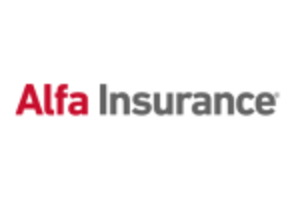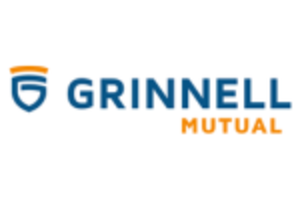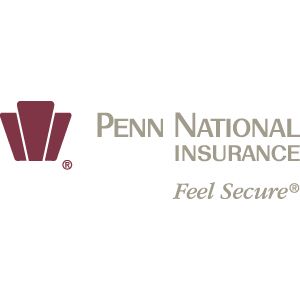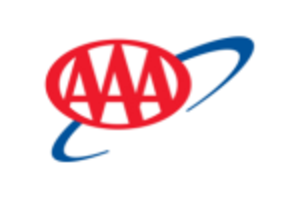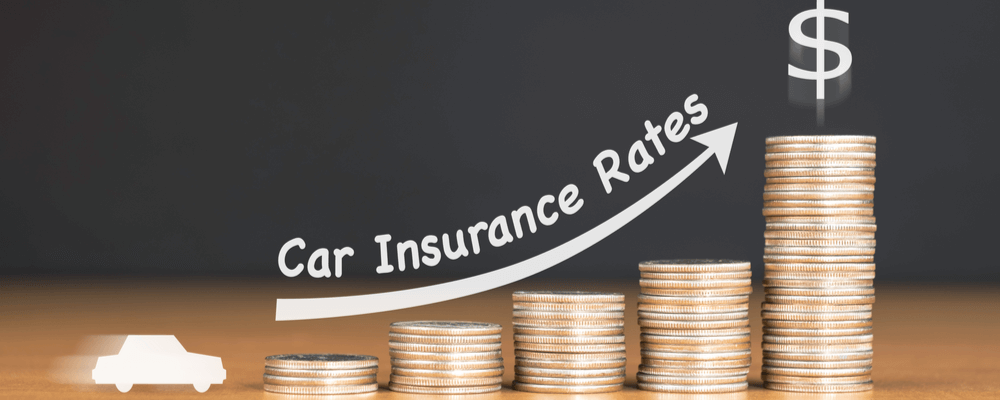
You have a clean driving record, haven’t had an accident in at least the past three years, or haven’t had an insurance claim, but your auto insurance rates went up at your last auto policy renewal. What’s up with that?
We receive reviews on Clearsurance all the time from consumers who experienced rate increases on their car or homeowners insurance policy and don’t understand why. One example is this review, “Very disappointing that although I have no accidents or traffic violations my auto insurance increases in rate every 6 months.” If this sounds like you, you’re not alone in your frustration.
Insurance rate increases is the most common consumer complaint on Clearsurance. After all, we discovered a trend with policyholders’ happiness level with their car insurance company and rate increases they experienced. While your insurance agent may not make it clear to you, there are a number of reasons that good drivers and homeowners see a rise in their car and homeowners insurance premiums even with a spotless driving record and proper home maintenance.
Reasons for car and homeowners insurance rate increases
Often, an insurance premium increase can be unexpected. However, there are things that are in your control that can cause your price to fluctuate. For your car insurance, your driving record is a large contributor that determines your rates. If you’ve had any tickets, accidents, or drive more miles than you used to, you can expect your rates to increase. Car accidents typically affect your insurance premium for three years. Even accidents that aren't your fault can increase your rates.
Likewise, homeowners insurance claims can lead to an increase in your rates. While some claims are inevitable, others can be avoided if you properly maintain your property. For both car and homeowners insurance, if you move, you may see an increase depending on your location.
Changes to either policy can also cause an unwanted price hike, including changing your payment plan or coverage limits. If you add or change any vehicles or drivers to your car insurance policy, your rates likely will be affected. Making additions to your home, adding a pet to your family, or getting things like a trampoline or pool could require you to pay more for homeowners insurance. It’s possible you may lose other discounts as well. Make sure to check with your insurance company to make sure you are receiving all the discounts you qualify for.
But for those of you who are excellent drivers and homeowners without claims or tickets, there are some frustrating reasons out of your control that could cause the price to rise. If insurance companies are hit hard with a large number of claims overall, every policyholders’ rates may be affected.
Insurance companies typically reserve a portion of the premium you pay to prepare for a natural disaster that may take place. However, with a big catastrophe, that reserved money may not cover all of it. After a big storm, you may see an increase in your premiums to cover the excess loss the insurance company has experienced from this huge storm. For example, if a hurricane strikes your area and houses in your neighborhood are damaged or destroyed but yours isn’t, your rates still may increase. This is because the storm could cost the insurance company hundreds of thousands of dollars per policyholder. That cost is dispersed among all policyholders because if it were only applied to people with the expensive natural disaster claims, insurance would no longer be affordable for them.
Insurance companies have experienced a growth in losses from 2006 to 2015 of just over 37 percent. Root, a car insurance company that issues insurance based on how you drive, says that car insurance companies need to balance out the cost of claims and business with the amount they receive in premiums, causing your rates to frequently change. This is true for many lines of insurance.
More accidents and more claims - If insurance companies have to pay out more in claims than the price they gain from premiums, all drivers — good and bad — may see a rate increase so that the company can make up for that loss. According to the National Highway Traffic Safety Administration, in 2015 there were over 6.2 million police reported car accidents in the United States. The number of drivers on the roads is increasing, thus increasing the number of accidents. Plus, distracted driving has become more of an issue, accounting for many motor vehicle accidents, including 3,450 deaths in 2016. Additionally, an increased number of uninsured motorists on the road will cause insurance companies to raise rates for everyone.
Severe weather and natural disasters – Natural disasters increase the potential number of homeowners insurance claims and policyholders across the board may be affected with a rate hike in the case of extreme damaging weather. For example, Florida is hit with more hurricanes than anywhere else, which affects the price of homeowners insurance in the state. If you live in an area prone to severe weather, you should expect insurance prices to change if homes or cars in the area face frequent damage. Weather can also cause more car accidents and auto claims. If you live in one of the states with a high number of winter car crashes, you may experience rate increases if there are more accidents in a given year.
Rising cost of car and home repair – Inflation on the cost to repair a car is another potential reason car and homeowners insurance companies have to raise policyholders’ rates. The cost of car parts, building materials and labor have all increased in price. In 2016, the cost to repair a vehicle rose an average of 2.7 percent. However, the rising cost is different in different regions of the country, resulting in an increase as high as 6.5 percent in the Northeast and 5.7 percent in the Midwest. Medical care costs are also on the rise and that can affect your car insurance rates.
Insurance fraud – All forms of insurance fraud in the U.S. cost an estimated over $40 billion per year. Insurance fraud can happen in a number of ways for homeowners and car insurance. For car insurance, a common way that insurance fraud happens is when someone involved in an accident fakes or exaggerates injuries to receive a higher payout. It can also happen when someone submits a claim on a homeowners policy for more than the actual loss or damage. People may also fake theft or purposely damage something to receive more money from insurance companies. Not only is insurance fraud a serious crime, but policyholders everywhere reap the unfair consequences with increased rates to cover the loss to insurance companies.
Increased crime rate - If the area that you live in experiences a rise in crime rate, you could see your homeowners and car insurance prices affected. More crime in your area means that you are considered a higher risk and may be more likely to make an insurance claim.
It’s important to know that premium increases happen with every insurance company to policyholders across the country. While your area may experience a higher increase due to regional issues, your insurance company may not be increasing your rates more than another company would.
However, you should always inquire about rate increases and check other companies for quotes. If you discover lower rates with a different insurance company for the same coverage, you can potentially switch companies. Have you experienced a rate increase recently? Write a review to tell other insurance consumers about your experience.
The content on this site is offered only as a public service to the web community and does not constitute solicitation or provision of legal advice. This site should not be used as a substitute for obtaining legal advice from an insurance company or an attorney licensed or authorized to practice in your jurisdiction. You should always consult a suitably qualified attorney regarding any specific legal problem or matter. The comments and opinions expressed on this site are of the individual author and may not reflect the opinions of the insurance company or any individual attorney.


